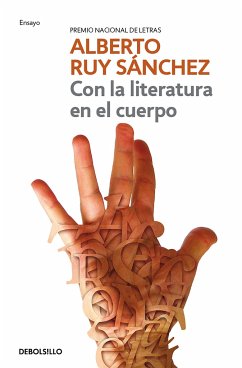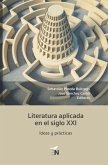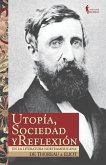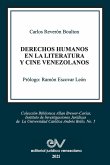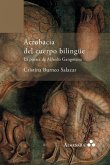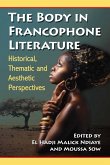«Tiene razón Octavio Paz al señalar a Ruy Sánchez como uno de los mejores ensayistas contemporáneos. Cada uno de sus textos tiene la riqueza narrativa de una novela y la inteligencia analítica para señalar los temas fundamentales de nuestro tiempo.» -Claude-Michel Cluny Catorce ensayos narrativos sobre cómo viven grandes escritores la melancolía y cómo la enfrentan creativamente. Escritores que son claves de toda la obra de Ruy Sánchez —Rilke en París, Yourcenar, Pasolini, Calvino, Beckett, Frisch, Hugo, Savinio— son leídos como grandes catedrales góticas. En otros ámbitos, gracias a llevar la literatura en el cuerpo sobreviven a las opresiones góticas del totalitarismo contemporáneo Zamiatin y Orwell, Istrati, Herling, Shostakovich y Nadiezhda Mandelstam. Dos tumbas góticas de sus maestros, Michel Foucault y Roland Barthes, cierran el paréntesis que abrió en el libro con una introducción sobre la naturaleza del ensayo, donde el mismo Roland Barthes ofrece la primera lección vital de pensamiento y escritura. ENGLISH DESCRIPTION A dialogue with the inhabitants of the great melancholic dream of the twentieth century. Sixteen narrative essays written with the prose that defines Alberto Ruy Sánchez, revisits a protagonist—melancholy—that acts by the self and vindicates the body. The essays are divided in three sections. The first one, “Memories of Gothic Cathedrals,” discusses the life and work of writers possessed by forces that overcome them, and for whom the vortex of living is visible in their work: Rilke, Alberto Savinio, Pier Paolo Pasolini, Italo Calvino, Marguerite Yourcenar, Samuel Beckett, Max Frisch, and Victor Hugo. The second part, “Memories of Gothic Prisons,” gathers writers under the destructive effect of dictatorial regimes. Those who survive bare the imprint of a shadow on their skin: Mikhail Shostakovich, Nadezhda Mandelstam, Eugeny Zamiatin, Geroge Orwell, Panait Istrati, Herling, Dostoyevsky, and Solzhenitsyn. The third part, “Memories of Gothic Tombs,” addresses writers we lost while this book was being written. Each essay is a tombstone, a line onto them: Michel Foucault and Roland Barthes.
Hinweis: Dieser Artikel kann nur an eine deutsche Lieferadresse ausgeliefert werden.
Hinweis: Dieser Artikel kann nur an eine deutsche Lieferadresse ausgeliefert werden.

